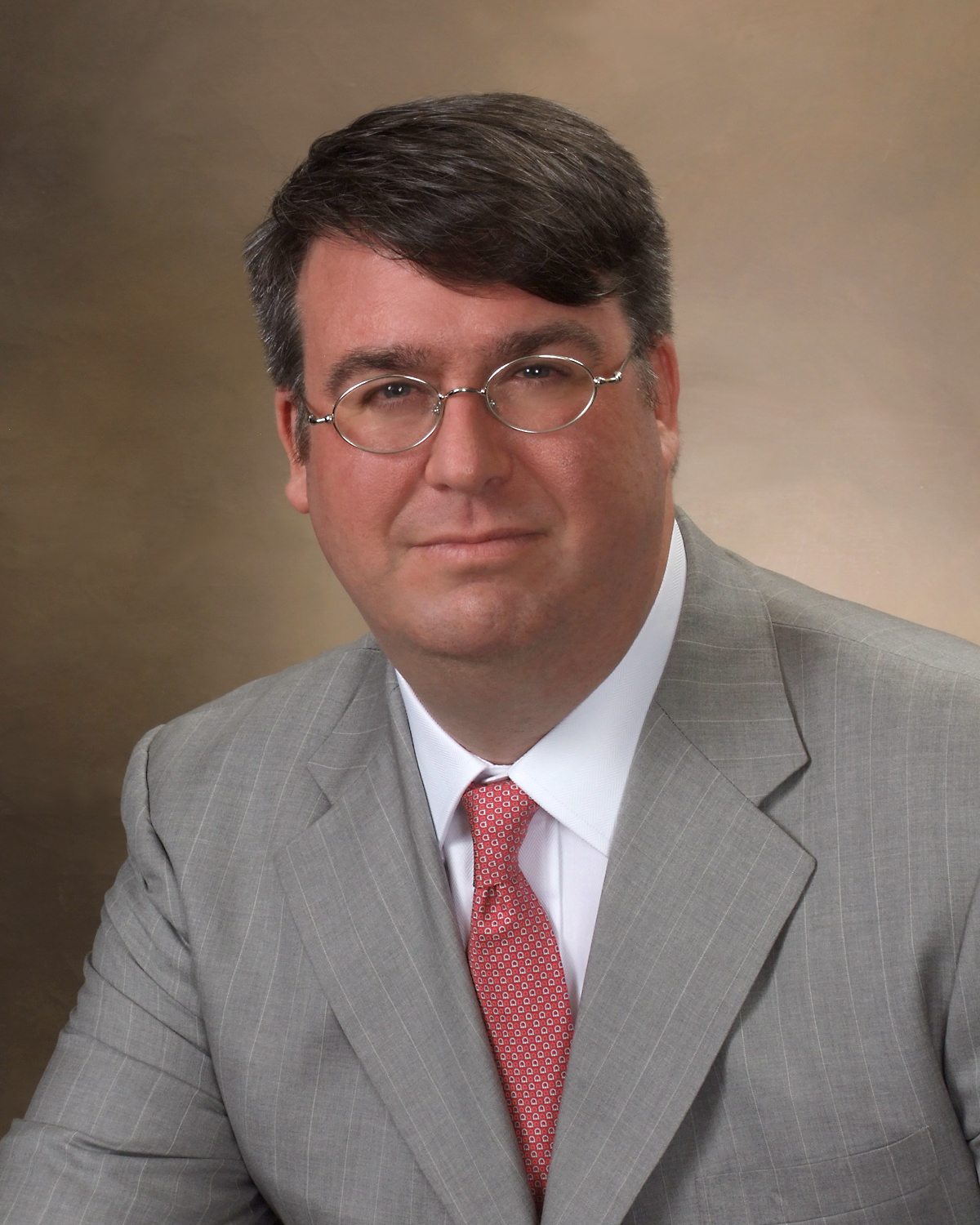
Edward Nash is a Managing Director and Senior Analyst covering the biotechnology and life sciences sector at SunTrust Robinson Humphrey. He brings 17 years of experience from both the buy side and sell side, joining SunTrust Robinson Humphrey from Cowen and Company. Mr. Nash earned his MBA in finance and M.S. in international business from the University of Miami, as well as a Master of Public Health in epidemiology from the University of Alabama at Birmingham. In his exclusive interview with the Wall Street Transcript, Edward Nash bangs the table for biotech.
“I remain bullish on the space overall. We have several companies with important clinical and regulatory milestones occurring in 2018. There are many technology platforms that have made great advances within the clinic over the past couple of years and that have been viewed very favorable by regulators, specifically gene therapy and immune oncology. The great divide that once separated basic science from clinical reality for several technologies has narrowed dramatically. I believe that we will see this momentum continue as we progress further into 2018.”
One early market winner is picked by Mr. Nash as a winner. “Perhaps as you can already tell, gene therapy is one of my areas of focus, and I continue to be very bullish on Spark Therapeutics (NASDAQ:ONCE). With the recent FDA approval of LUXTURNA, the company will be the first U.S. biotech to make the pivot from the clinic to commercial arena. The company is also potentially paving the way for some unique approaches to reimbursement for gene therapy products. Pricing has been a big black box for all gene therapy companies. Spark has come up with some innovative approaches where we believe all stakeholders come out on top.”
Mr. Nash sees a number of new drugs coming to market in the near future, powering equity valuations. “I think this is happening more due to the new FDA Commissioner. He was a banker and analyst in the space, and is a physician, so he understands how drug development works. That is definitely something we have not seen before to this degree with a commissioner. We are definitely seeing a much more friendly FDA that wants to start early in dialoging with companies to help them navigate the process efficiently.”
To get all of Edward Nash’s current stock picks, read the entire interview in the Wall Street Transcript.
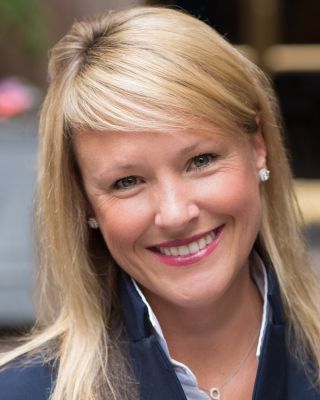
Nicole Miller Regan is a Managing Director and Senior Research Analyst at Piper Jaffray & Co., where she covers the restaurants and branded hospitality universe. Prior to joining Piper Jaffray in 2006, Ms. Miller Regan worked in equity research at ThinkEquity Partners in Minneapolis and at Sterne, Agee & Leach in New Orleans. Ms. Miller Regan was the winner of ICR’s 2012 best restaurant stock pick, and in 2006, she was ranked number-one stock picker by StarMine. In her exclusive interview with the Wall Street Transcript, Ms. Miller Regan details her current investing thesis for restaurant stocks.
“…What is your culture and food, and how you are embracing technology but not leaning on it? Then, what is your experience and interaction with the customer? It is kind of like, who has the best satisfaction scores? Those companies are winning. Somebody might say, “Oh, well, full-service casual dining is dead.” No, it is not. Darden (NYSE:DRI) is one of the best-performing stocks.”
“Darden trades anywhere from 1, 2, 3 times turn of EBITDA premium to Brinker (NYSE:EAT). Darden’s comps are positive, and Brinker’s comps are negative. Darden has a little bit more growth and wide space ahead of them than does Brinker with Chili’s. So this will be a case where we are going to actually pay out. There are going to be higher multiples, and it has worked because that stock did very well, and Brinker has just been a little bit left behind. We pick performers like a Darden.”
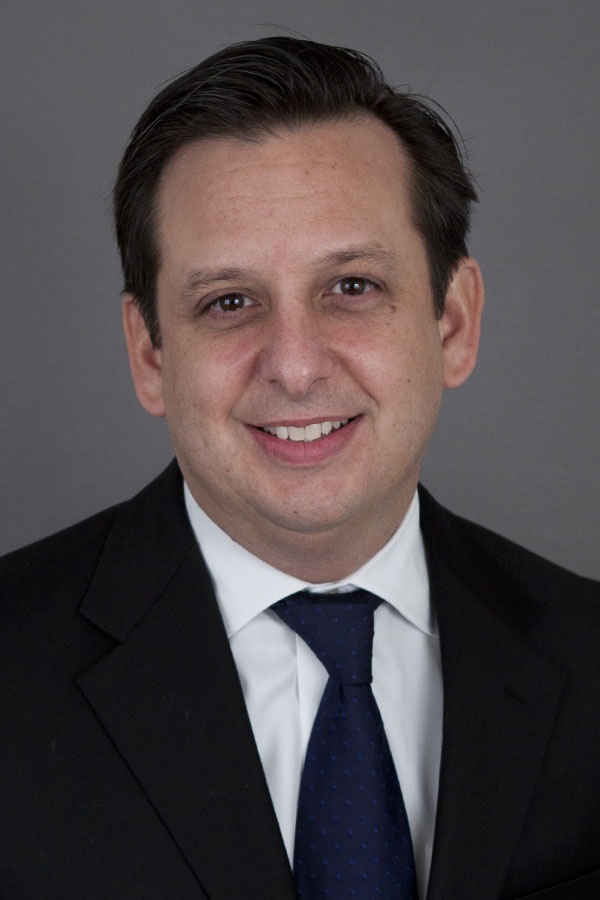
Jamie Cuellar, CFA, Co-Portfolio Manager, joined Kornitzer Capital Management in 2015 and has 26 years of professional investment experience. At the Buffalo Funds, he works with equity portfolios, and his focus areas include technology and consumer. From 2012 to 2014, he worked at Northern Trust as a Senior Portfolio Manager. In this exclusive interview with the Wall Street Transcript, Mr. Cuellar gives a detailed analysis of his equity selections.
Mr. Cuellar also explains the structure of the fund family. “We are headquartered in Mission, Kansas, which is a suburb just south of Kansas City. We manage about $7 billion in total firm AUM as of the end of last year, and that is made up about $4.5 billion of mutual funds and another $2.5 billion of separate accounts and wealth management assets. We manage 10 strategies in total.”
One of the top picks for Mr. Cuellar operates in a politically charged sector. “Again, this fits in our trend of outsourcing. It’s been the tougher stock for us, but it’s one we still believe in quite a bit. CoreCivic (NYSE:CXW) is a private prison operator. I think they’ve kind of underperformed because it’s a REIT ,and with increased interest rates, people have been really rotating somewhat away from REITs. But I think they’re in the early stages of a cyclical upturn as the current presidential administration is a lot tougher on crime than what we had in the prior eight years…Also, detention policy is very cyclical; we are on a cyclical upswing.”
Read in detail all of Jamie Cuellar’s portfolio picks in the Wall Street Transcript.
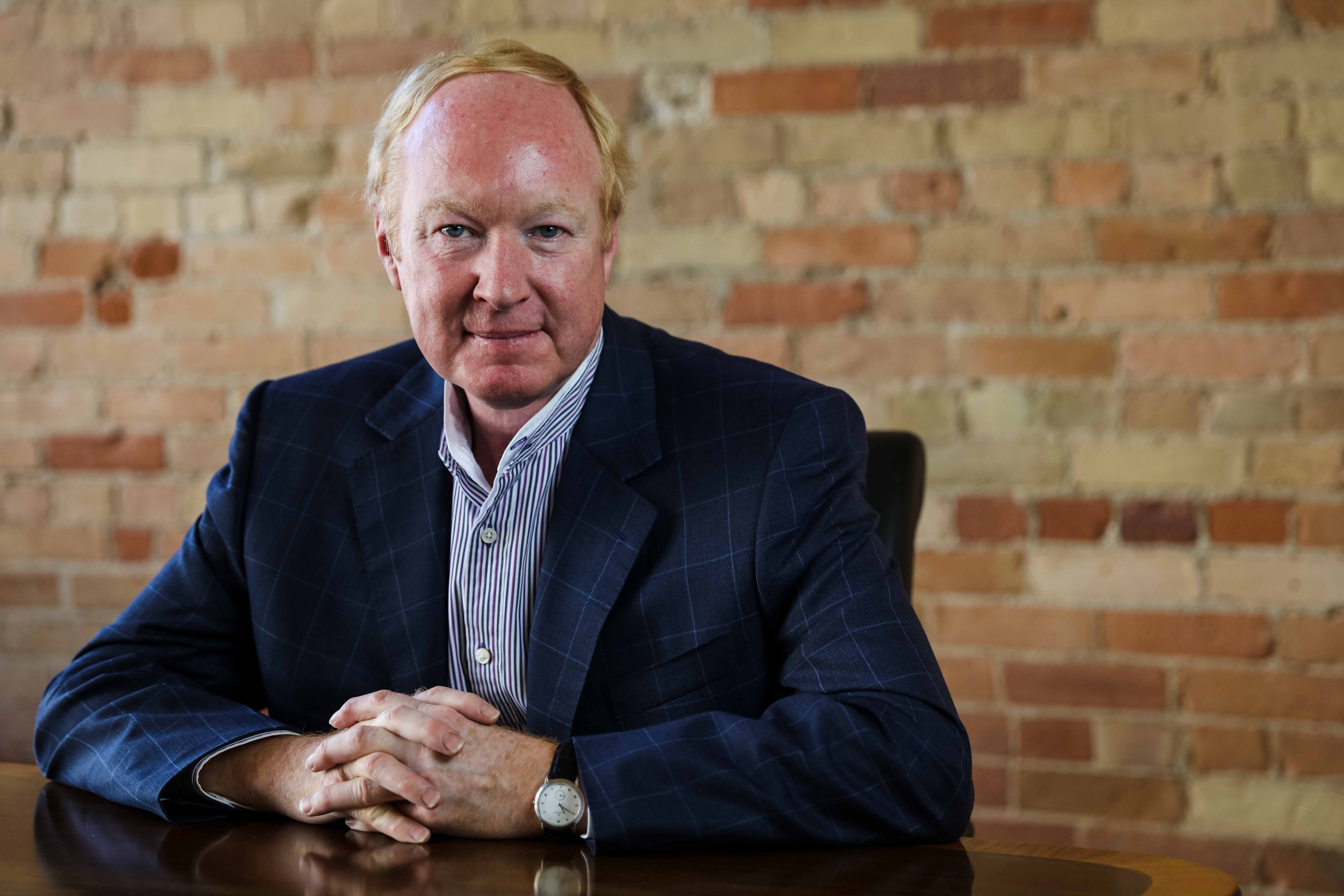
Michael Waring founded Galileo Global Equity Advisors in 2000 and has served as the firm’s Chief Executive Officer since its inception. The Portfolio Manager for the Galileo High Income Plus Fund and the Galileo Growth and Income Fund, he is among Canada’s most experienced small- and mid-cap equities portfolio managers. Before founding Galileo in 2000, Mr. Waring was Vice President, Director and Portfolio Manager for KBSH Capital Management Inc. from 1985 to 1999. He is a CFA charterholder and member of the Toronto CFA Society, and holds an MBA from the University of Western Ontario. A committed philanthropist, Mr. Waring founded Kids In Class, a registered charity that builds schools and provides financial support to children and their families in developing countries.
Michael Waring describe his stockpicking philosophy as he develops an interesting and valuable portfolio in his exclusive interview with the Wall Street Transcript.
“We’ve always maintained a small/midcap bias. We look for growth and some income in the funds. Our largest fund, which is the High Income Fund, we think of it as we are hunting for 60% return from dividends and 40% from capital gains. In other words, we want to find companies that are in a position to grow the dividend over time. So obviously, cash flow and the balance sheet are very important to us. We like to see a rising dividend and some capital appreciation over the holding period.”
“The first one I want to mention is a real estate investment trust. The full name of the company is WPT Industrial Real Estate (TSE:WIR.U). The stock is currently trading at $12.85, and it has a 5.9% yield. What’s interesting right off the top is this company trades in Toronto, but it trades in U.S. dollars, and it pays a U.S.-dollar dividend, so that $12.85 is in U.S. dollars. The market cap of this company is $619 million in USD…The company’s asset base is 100% in the United States of America.”
“The second one, a very interesting name, is Polaris Infrastructure Inc. (TSE:PIF). Today it’s trading at $19.40, and it has a yield of 3.8%. It trades in Canadian dollars; dividend is paid in U.S. dollars…a geothermal operation in Nicaragua. They have 11 production wells that produce a combination of steam and hot brine that is used to drive generating turbines. The current steam can produce, in terms of power capacity, approximately 60 to 65 megawatts, while the power purchase agreement they have with the Nicaraguan government is for 72 net megawatts through to 2029. This company is currently generating about 15% of the electricity that is in the Nicaraguan grid.The company, interestingly enough, only began paying a dividend in the second quarter of 2016. But since that time, it’s raised it four times already. ”
To see all of Michael Waring’s current picks, read the entire interview in the Wall Street Transcript.
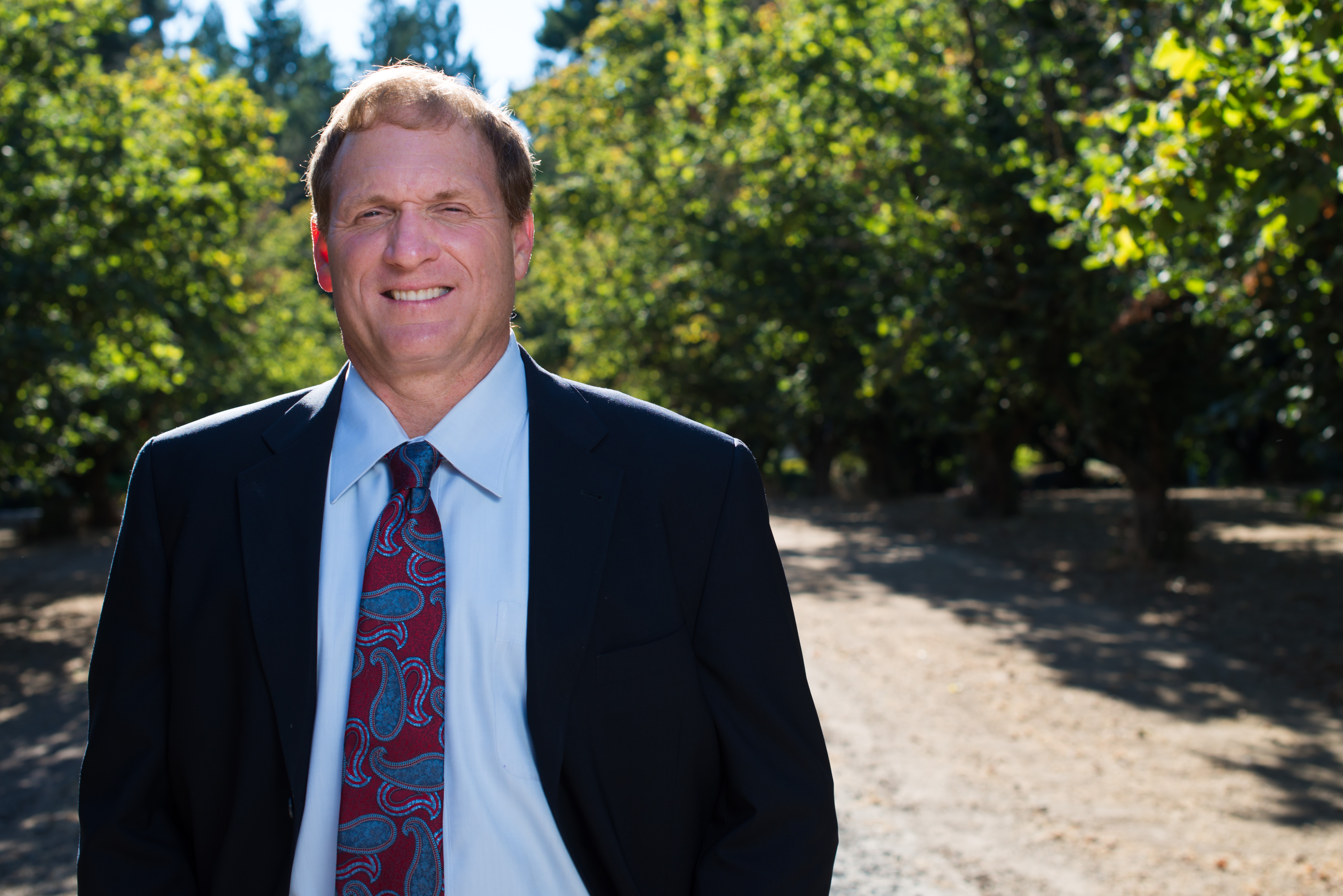
J. Jeffrey Auxier is President of Auxier Asset Management LLC and Founder of the Auxier Focus Fund. Prior to forming Auxier Asset Management in 1998, Mr. Auxier spent 16 years at Smith Barney — formerly Foster Marshall-American Express, then Shearson — where he was on the Portfolio Management Advisory Board and the Chairman’s Council, and was Senior Vice President of Investments and Senior Portfolio Management Director. In his exclusive interview with the Wall Street Transcript, Mr. Auxier details his current portfolio strategy.
“A company like Medtronic (NYSE:MDT) is very vulnerable, I think, to actually going private or restructuring, and that’s again because of the high free cash flow yield, especially when rates are starting to turn up. A lot of companies that are dependent on the credit markets, those companies become more vulnerable, and so that’s another reason we like these high-free-cash-flow, high-quality companies, especially at this stage of a recovery, if we — as we get later into a recovery, quality should start to happen. It’s not right now. I mean, right now, it’s been more of a cyclical-driven recovery.”
Some values are going to be recognized in the near term.
“…We still like Bank of New York (NYSE:BK) and CEO Charles Scharf… this is more of a processor bank, 13 times, 14 times earnings, pretty dull. It’s not a spread lender, but there’s been a lot of waste in the company, so we think just cleaning that up will lead to improved earnings. But it’s much more stable than a spread lender, and you don’t have the same kind of risk in terms of nonperformers. But Charles Scharf is very focused on technology and did a great job at Visa (NYSE:V). Obviously, Visa is a really good model. Visa has gone I think from $16, where we bought it, to $123.”
The general philosophy of the Auxier funds is to know what you own:
“…We think it’s really important, especially after good markets, you typically have top markets like the Dow in 1964 was 864, by 1981 it was 865. So that was a period where you really had to pick your companies and buy right and actually sell into euphoria. So we think investing is the craft of the specific.”
Read the entire interview with J. Jeffrey Auxier to get all the specific stocks he wants to own.
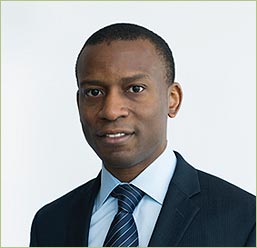
Gbola Amusa is a Partner, Director of Research and Head of Healthcare Research of Chardan. Dr. Gbola Amusa joined Chardan at the end of 2014 to focus on identifying companies that will generate exceptionally high long-term investment returns by creating shared value for society. Dr. Amusa was previously Managing Director, Head of European Pharma Research, and Global Pharma and Biotech Coordinator at UBS, where he oversaw 25 analysts and ultimately finished as the number-one-ranked European pharma analyst in the Institutional Investor — II — Survey. Prior to UBS, Dr. Amusa was a Senior Research Analyst and Head of European Pharma research at Sanford Bernstein. He started his career in finance at Goldman Sachs as an associate in the Healthcare Investment Banking Group, where he worked on large transactions including the Amgen/Immunex merger.
In his exclusive interview with the Wall Street Transcript, Dr. Amusa details his research into the companies at the cutting edge of genetic medicines research.
“We also think this space is interesting because there is less guesswork involved than with other types of drug and therapeutic development. If we know the cause of a disease and can design, rather than guess, at a solution for it, then the chance for a breakthrough is actually much, much higher. ”
The upside for these medical treatments is enormous, both financially and for the welfare of patients.
“The promise for new genetic medicines, including gene editing, is they can offer durable solutions or even cures for some of the hardest-to-treat diseases in human history. Genetic diseases are also known for, at times, causing very early mortality. So if you have a durable solution that gets to the root cause of the disease, you can offer the potential for an actual cure that gives, for example, an infant patient a chance at life.”
The publicly traded companies developing these technologies have become rare assets that may be prime targets for acquisition.
“These technologies may, therefore, be scarce assets that trade on an M&A premium because one would imagine that all the big-cap players who are interested in gene editing and, certainly ones that are interested in oncology applications, may be interested in a quick way to get this technology. An acquisition is a historic way to do this. For many people right now, the question is less about who is the best here and more about which company has the right conditions to be bought. But obviously, technology feeds into that consideration. So in the CRISPR space specifically, there are just four companies.”
To get the complete detail from Gbola Amusa on which public companies are ripe for the plucking, read the entire interview in the Wall Street Transcript.
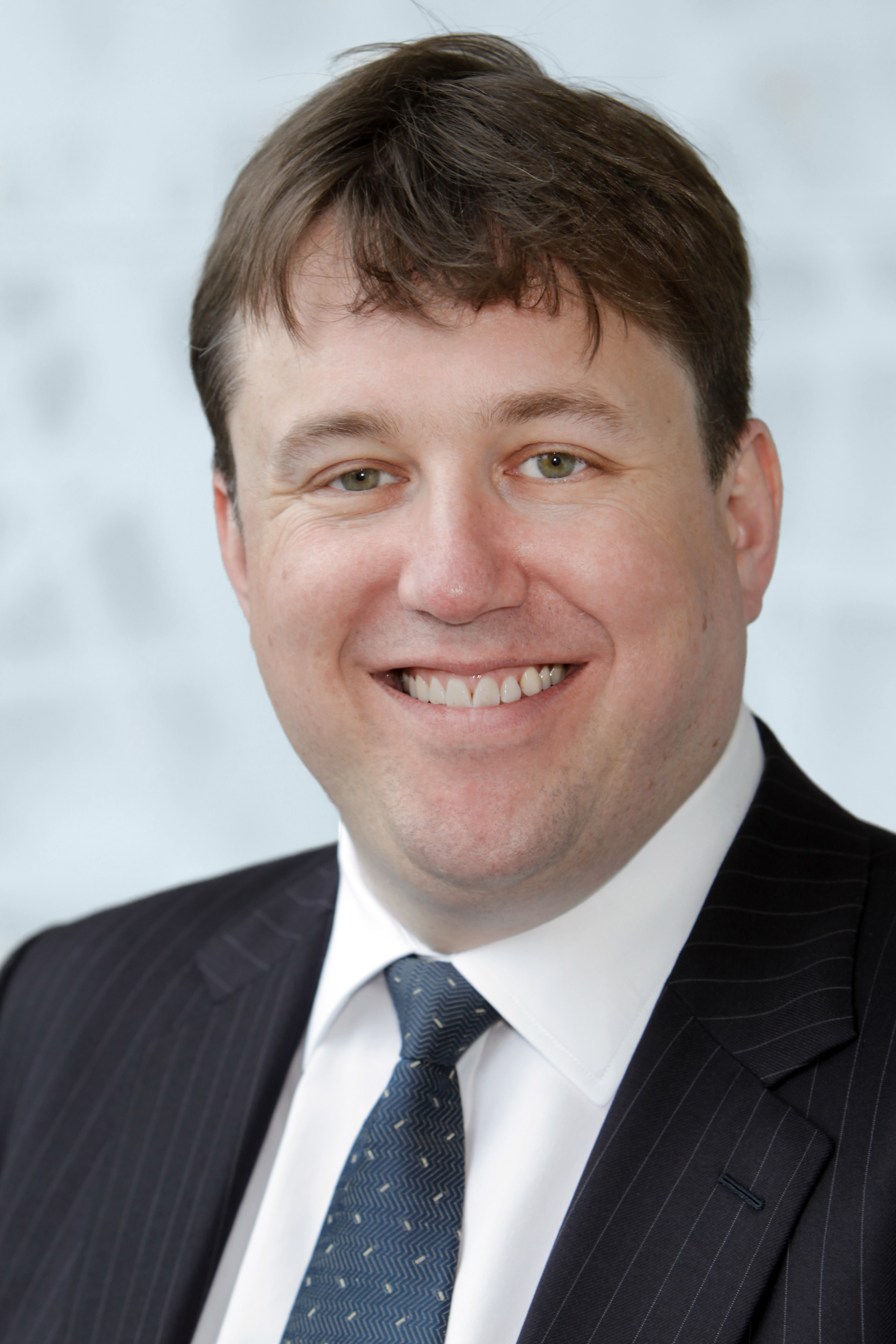
Adrian Rawcliffe has served as Chief Financial Officer at Adaptimmune Therapeutics plc since March 2015, and leads the company’s financial strategy and operations, as well as Investor Relations, corporate communications, global IT and facilities. He has 17 years of experience within the pharmaceutical industry and most recently served as Senior Vice President, Finance of GSK’s North American Pharmaceuticals business. Mr. Rawcliffe currently serves as a non-executive director of WAVE Life Sciences (NASDAQ: WVE). Mr. Rawcliffe joined GSK in 1998 and his other senior roles at the company included Senior Vice President Worldwide Business Development and R&D Finance, where he was responsible for all business development and finance activities for GSK’s Pharmaceuticals R&D business and Managing Partner and President of SR One Ltd, GSK’s venture‑capital business.
In this exclusive interview with the Wall Street Transcript, Mr. Rawcliffe lays out the strategic vision for his company.
“One of the advantages is that with our SPEAR T-cell therapies we can target solid tumors, something that CAR-Ts have shown no real ability so far because of the mechanism that is used. The targets that CAR-T therapies go after are just not on solid tumors to the same extent. Our technology goes all the way back to the University of Oxford back in the mid 1990s, so we have been at this for about 20 years in one form or another. We have the leading platform for engineering T-cell receptors, and the engineering of T-cell receptor is a really big area. All of the CAR-T players have worked out that, so far, CAR-T doesn’t work in solid tumors and have basically tried to move into engineering T-cell receptors as the targeting mechanism.”
“Our lead program actually is partnered with GlaxoSmithKline (NYSE: GSK), and that is probably the furthest along because it has got the most data associated with it. We have good data in synovial sarcoma. GSK is now prosecuting that, and actually a pivotal trial in synovial sarcoma was going to be the next step. GSK is now taking that over, and we are in process of transferring that. That pivotal trial won’t be a large trial, and maybe it will take a year or so to recruit and then maybe a year to read out. The potential there is to get to market in about two to three years after that trial starts.”
The company also has the capacity to produce its own treatments: “The manufacturing that we have built is in the Navy Yard in Philadelphia, and it is best conceived as a pilot clinical supply plant partially because of the capacity. We have got the capacity for up to 1,000 patients out of there, which will be fine for clinical trial supply. But, obviously, for commercial use, that supply would only support a very small launch. The way that that building and the labs are configured has to be very flexible, so it can be very good in a developmental process too as opposed to being only a fully fledged high throughput, low cost efficiency focused commercial facility…”
Read the complete interview with Adrian Rawcliffe of Adaptimmune at the Wall Street Transcript.
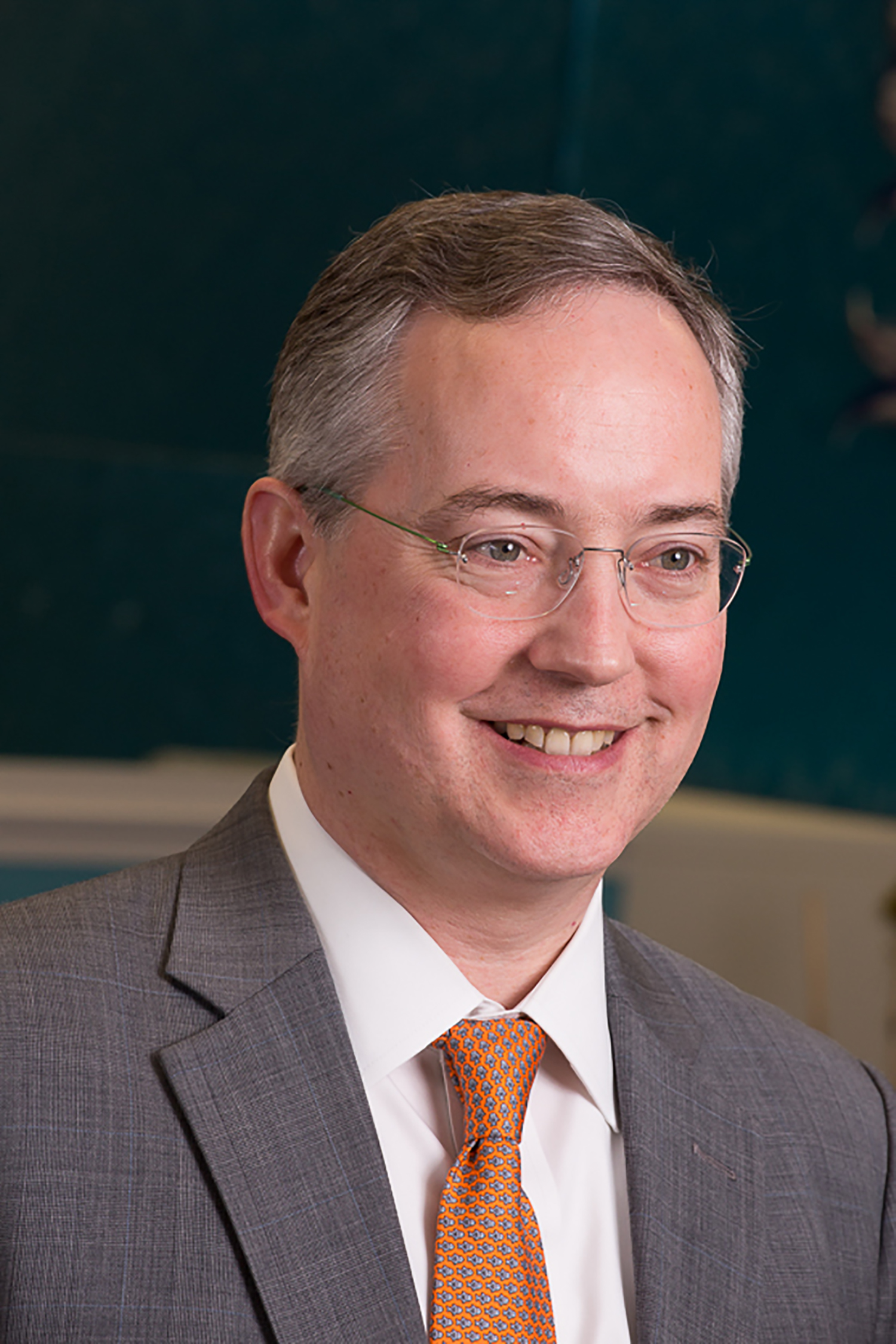
Douglas M. Fambrough III, Ph.D., is President and Chief Executive Officer of Dicerna Pharmaceuticals, Inc. Dr. Fambrough co-founded Dicerna in 2007 and has served as the company’s chief executive officer since 2010. Prior to joining Dicerna as CEO, Dr. Fambrough specialized in financing innovative life science technology companies as a general partner with Oxford Bioscience Partners, a Boston-based venture capital firm. In this exclusive interview with the Wall Street Transcript, Dr. Fambrough details his strategic vision for curing multiple diseases.
In 2003, Dr. Fambrough and two other investors created Sirna Therapeutics, a first-generation RNA interference — RNAi — pioneer; he served on Sirna’s board of directors until the company was acquired by Merck for $1.1 billion in 2006. Other investments include Solexa, developer of the dominant ultra-high-throughput DNA sequencing platform, acquired by Illumina for $600 million; and Xencor, Inc. (NASDAQ:XNCR), a pioneer in antibody engineering technology. Before joining Oxford, Dr. Fambrough was a genomic scientist at the Whitehead/MIT Center for Genome Research — now known as the Broad Institute. Dr. Fambrough graduated from Cornell University and obtained his Ph.D. in genetics at the University of California, Berkeley.
His company has a high profile partner in the development of an innovative new treatment.
“Dicerna has a technology that can temporarily turn off the activity of an individual gene. So if that gene is active in disease and contributing to a disease process, we can cause that gene to be turned off for as long as the drug is present in the body. We do this specifically in the liver. We are developing therapies directed toward liver metabolic diseases and other conditions that affect the liver.”
“It is competitive, and a large company can move more quickly and more effectively in a large competitive area than we could as a small company. Boehringer, while it may not be the household name of Pfizer (NYSE: PFE), is the world’s largest private pharmaceutical company, and it has a particular focus on chronic liver disease, particularly NASH, or nonalcoholic steatohepatitis. This makes them an excellent partner for us in developing these potential therapies for NASH.”
Read the complete interview in the Wall Street Transcript.
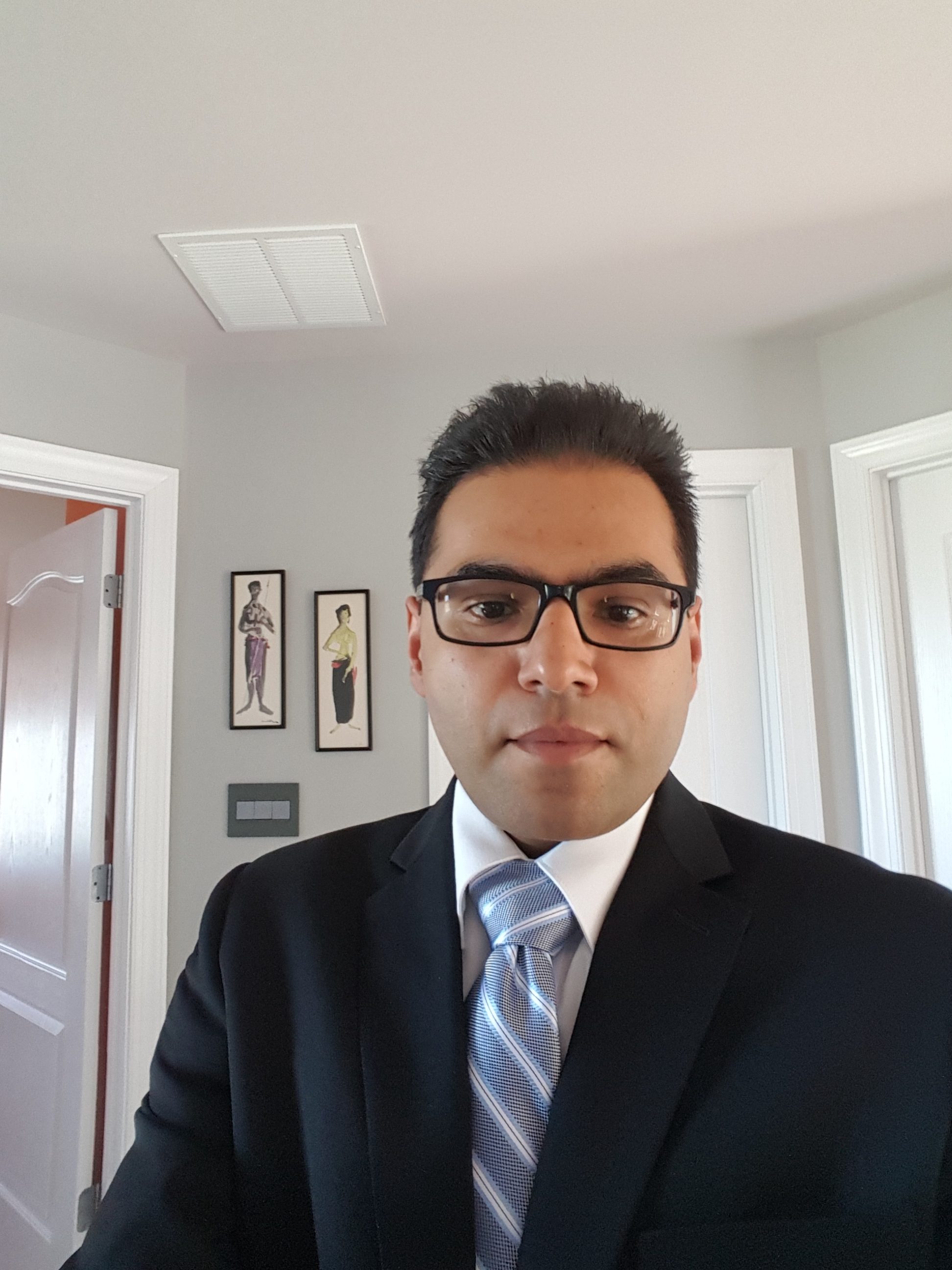
Debjit Chattopadhyay is a Managing Director and Senior Healthcare Analyst of H.C. Wainwright & Co. Debjit Chattopadhyay is focused on health care research at HCW, specializing in biotechnology with a core focus on gene therapy, immune-oncology and rare diseases. Dr. Chattopadhyay has been a Wall Street health care analyst, on sellside, since 2006. In this exclusive interview with the Wall Street Transcript, Dr. Chattopadhyay details the cutting edge of biotech and his stock recommendations in that field.
Dr. Chattopadhyay’s previous sellside experience includes Janney Montgomery Scott, Roth Capital Partners and Boenning & Scattergood. Most recently, Dr. Chattopadhyay was the Managing Director and head of biotechnology at Janney Montgomery Scott. Dr. Chattopadhyay received his Ph.D. from the University of Connecticut and has served as an oncology research fellow at Memorial Sloan Kettering Cancer Center and also holds a Master of Business Administration — MBA — degree from Drexel University.
“I see basically two different approaches right now. One is in vivo gene therapy, which is all the adeno-associated vector-based gene therapy guys. The other is more ex vivo gene therapy, whereby you are modifying stem cells from patients outside the body with the lentiviral vectors and then sending those modified cells back into the patient, which is being done by bluebird bio (NASDAQ:BLUE) and some others like Rocket (NASDAQ:RCKT).”
The adeno-associated vector-based gene therapy sector is also of interest to Dr. Chattopadhyay.
“Amongst the adeno-associated viruses, it’s just the choice of vectors, promoters and gene that differentiates the players, but the overarching approach is similar. So there are literally two real buckets here, ex vivo and in vivo gene therapy, in the clinic currently.”
“The other incoming third bucket is the gene editing…But, overall, the trends suggest that scientists and clinicians are figuring it out and getting consistent data. That is what matters: data consistency without unexpected safety issues. ”
Read the complete interview with all the current stock picks in the Wall Street Transcript.

Janet M. Brown is President and CEO of FundX Investment Group. Ms. Brown has been part of the mutual fund evolution since 1978, researching and developing effective investment strategies for clients. A frequent guest on national media, Ms. Brown’s expertise is widely recognized. She is a board member of several nonprofits and foundations and a longtime advocate for sustainable responsible investing — SRI.
She details her portfolio strategy in this detailed interview with the Wall Street Transcript.
“Years ago, the conventional wisdom was you should put 20% in international, 20% in small cap and ride it out in the hope that it will all work out in the end. But our research and actual history show that we are better off being in the international funds while they perform well and being out of them when they are not performing well. A leadership trend may emerge, and it may fail, but a system like ours has an automatic defense built in, so you’re never going to stay too long in any area that failed. You should be looking at rankings every month and making continual adjustments to capture the larger trends.”
One of her several expert portfolio structures is the SRI.
“I love to talk about our Sustainable Impact Fund. A small handful of socially responsible funds go back a few decades. But this is now the fastest-growing area of the mutual fund business. We use self-identified SRI — now called sustainable and impact, or ESG — funds and ETFs, and supplement with funds that don’t self-identify as sustainable or ESG but have high ESG — environmental, social, governance — scores. We apply our same Upgrading strategy to that selected universe of sustainable funds and high-ESG-score funds.”
“I’ve been investing client accounts in the universe of SRI funds for over 20 years, and now we can also look at that additional universe of high-ESG-scoring funds, reviewing each fund’s scores in specific environmental, social and government areas.”
To get a full interview, read it at the Wall Street Transcript.